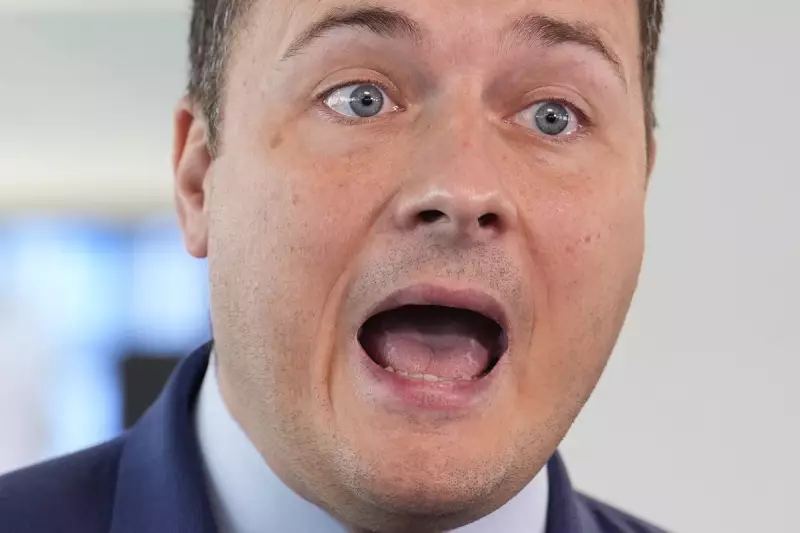
In a startlingly frank assessment, the new Health and Social Care Secretary, Wes Streeting, has declared the National Health Service to be "broken" and in dire need of radical reform. The Labour MP did not mince his words in his first major interview since taking office, signalling a dramatic departure from the usual political rhetoric surrounding the UK's most cherished institution.
"The NHS is broken," Streeting stated unequivocally. "This is the first step to saving it: acknowledging the scale of the problem and being prepared to take the necessary action to fix it."
Confronting the 'Sick Note Culture'
Streeting took direct aim at what he termed a "sick note culture," criticising the current system for too often writing people off as unfit for work without proper consideration. He announced plans for a major overhaul of the fit note system, shifting responsibility away from overburdened GPs.
"We need to be harder about the sick note culture in Britain. We now have 2.8 million people who have been written off on out-of-work benefits... I don't want to live in a country where we continue to write people off," he asserted, highlighting his commitment to both compassion and fiscal responsibility.
Embracing Private Sector Capacity
In a move that may surprise some traditional Labour supporters, Streeting made it clear that he is prepared to utilise private healthcare providers to tackle the record-breaking NHS waiting lists, which currently stand at a staggering 7.5 million people in England.
"If the NHS is going to take an unacceptably long time to treat patients, then we've got to use available capacity in the private sector to bring those waiting lists down for patients," he argued, emphasising that his sole focus is on patient outcomes rather than ideological purity.
A Personal Stake in the NHS
The Health Secretary's drive is deeply personal. He revealed that his own recent experience being treated for kidney cancer at the NHS Princess Royal University Hospital in Bromley gave him a firsthand view of both the brilliance of its staff and the immense pressures they operate under.
His mission is clear: to build an NHS that is "there for us when we need it, once again." This bold and blunt approach from its new political chief signals that the era of sugar-coating the health service's problems is well and truly over.





